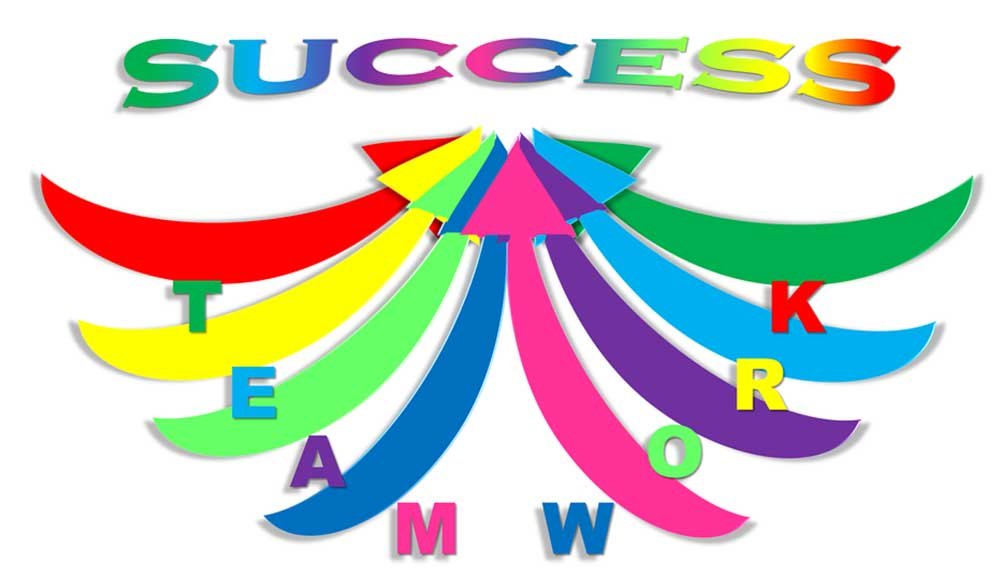Human resource management strives to ensure that people working in a company enjoy their rights, and share issues affecting their well-being.
This is because employees are the most valuable resource in any business. Their determination, productivity, and passion help move your business to the right direction and increase profit.
A successful business has a human resource management system that ensures the work environment is productive and healthy. This includes recruitment and talent management that helps guide employees in their next career move.
An effective HR management system delivers a personalized development path for employees. This includes courses, mentorship programs, and projects.
Such upskilling opportunities help employees get promotions and motivate them to perform better. Here are other ways human resource management can increase business productivity.
1. Recruiting Top Talent
Finding the right people for a specific job in your business can be difficult if you do not have the right HR tools and strategy.
Talent management that uses modern strategies and the latest talent acquisition trends can find qualified candidates who possess the right skills. These candidates fit your company culture, embrace a positive attitude, and increase business productivity.
Recruiting the right candidate is a vital role of human resource management that helps to save time and money. HR needs to do the following to attract leading talent in the industry.
- Use the right job description for each role
- Ask relevant questions in the interview process
- Use advanced human resource management technology
- Provide a strong business brand and transparency
2. Stronger Onboarding Process
After hiring a new employee, you need to help them understand their new position. The onboarding process integrates every new employee with the company’s culture and makes sure they understand the job requirements. This includes the dos and don’ts of the company.
The right human resource management tools ensure new employees are set up for success from the start. The system ensures new members have the right tools and information to become productive.
3. Performance Management
Rewarding people for their effort can help boost morale and increase productivity. Performance management ensures employees’ efficiency and rewards them for outstanding work.
An effective system measures work efficiency using key performance indicators, reviews, and feedback. A reward for high performance may include improving employee skills through training or recognizing extraordinary work in front of peers.
This encourages engagement and makes employees feel well supported and accomplished. It ensures members put more effort into projects and increase profitability.
4. Build Strong Relationships

Effective human resource management helps to create a productive workplace with strong relationships. Such an environment encourages teamwork.
Employees work together, learn, collaborate, and motivate each other. Building healthy relationships between employees, employers, and clients are essential for business success.
5. Increase Employee Retention
A high employee turnover can cost your business money and time when you’re constantly looking for replacements. Human resource management helps reduce turnover rate and increase employee retention.
Increasing the retention rate requires an efficient HR system that ensures suitable candidates are hired from the start. This helps to avoid wasting business resources.
The system finds qualified candidates who are interested in improving business productivity. They will want to continue working in your business if relevant systems are in place to solve their issues.
For example, having human resource management tools that encourage feedback can help uncover issues and find solutions to employee problems.
Other solutions to reducing turnover rates include encouraging team building, keeping employees safe at work, and providing compensation in case of an injury and activating an alumni community.
These solutions increase engagement and performance. They make employees feel valued, reduce turnover rate, and improve productivity.
6. Conflict Management
Where two or more people work together, the chances of conflict or disruption also increase. Human resource management is in charge of resolving workplace conflict. This helps to create harmony and encourages productivity.
It is the responsibility of HR to recognize the possibility of conflict and take timely action. For example, a conflict may arise between employees sharing a resource or a dispute between an employer and an employee.
HR management moves swiftly to resolve such disputes in a cost-effective and time-saving manner.
7. Solve Compliance Issues

Employees should follow the rules and regulations in the workplace. Human resource management helps ensure compliance with these rules and regulations.
HR software is a management tool that is tailored to ensure compliance, accessibility of information, and security. It maintains the confidentiality of employee and customer data using best practices in the industry. This helps create a positive experience for employees and customers leading to trust, loyalty, and increased profitability.
8. Promotes Diversity and Inclusion
Human resource management provides tools to ensure equity, diversity, and inclusion in the workplace. For example, having HR systems that provide anonymity when hiring ensures the right candidate is selected based on merit and without any biases.
The hiring team focuses on skills and uses analytics to understand the needs of new and current employees. This makes hiring candidates from various social, ethical, and cultural backgrounds possible.
A diverse workplace encourages creative problem solving resulting from varying perspectives that can lead to business growth.
9. Recognizes Employees Potential
Employees have the potential to grow and provide better services to your business. It is the work of human resource management to understand employees’ career goals and align them to the business strategy.
For example, employees that show potential can be assigned duties that will help them work to their full potential. This helps motivate the workforce and ensures they grow as the business grows.
10. Accessibility to Human Resource Services
Having access to a human resource platform that provides self-services enables managers to perform their functions quickly and save time. They can access resources any time from anywhere using mobile devices.
Employees can also benefit from such technology that enables them to access HR forms, get information quickly, and request time off. They can access the data they need on the go.
11. Key Takeaways
Human resource management is a process that helps to provide better employee management. This is needed for the growth of your business. If the human resource in your business is organized, other structures will work smoothly.
Efficient Human resource management ensures your business has the most talented employees in the industry. It provides career assistance for new and current employees to help boost their performance and meet their career goals.
These measures improve productivity, encourage engagement and help boost the morale of the workforce while creating a positive work environment. They also build healthy work relationships, accessibility to HR resources, ensure compliance, conflict management, and performance management.

